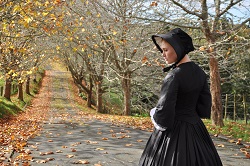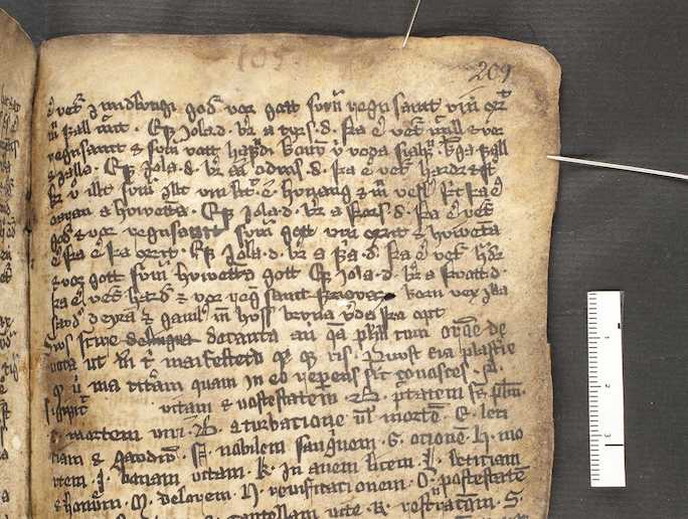Literature and ideology in late medieval Iceland
The EU-funded project IITLMI (Identity, ideology and textual production in late medieval Iceland) provided extensive knowledge of late medieval Icelandic literature. To do so, it used a variety of genres, non-literary sources, manuscripts, materiality and textual variance. Research methods were acquired from postcolonial and other critical theories and applied to the material to explain some of the ideas about power and international matters apparent in textual culture in late medieval Iceland. A recovery of the meaning that various subjects and groups attributed to the world around them was obtained by analysing the physical appearance of the manuscripts they produced. Additionally, IITLMI considered the texts written in these volumes and the historical circumstances from which they emerged. Results indicate that groups living in different regions in Iceland had many values in common, and highlight divergent world views, attitudes, preoccupations and interests. There were also mixed feelings about the presence of foreigners in the country and efforts to prevent immigration, as well as the emigration of Icelanders to England. The findings highlight some of the ideological responses and developments that took place in late medieval Iceland regarding foreign power. Additionally, the study shed light on women’s history, highlighting that women sponsored manuscript production and could use their literary sponsorship to influence identity and ideological positions. The research shows that women had an important role in the household. This involved not only instructing their children on how to read and write but also on ethical matters. Images of women in literary texts reveal that gender roles were an important issue. Three scientific articles were published in the Arts & Humanities Citation Index. Results of the research have been disseminated via guest lectures at universities, conference presentations, and several national and international conferences and workshops. Findings are important in addressing local cultural identities and global issues such as immigration. By analysing the themes of late medieval Icelandic literary texts in combination with their historical and manuscript contexts, IITLMI has afforded a better understanding of Icelanders’ identity and ideology.







